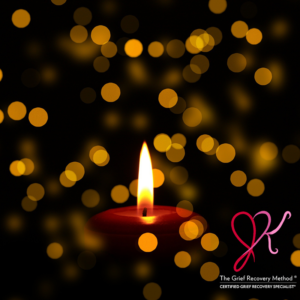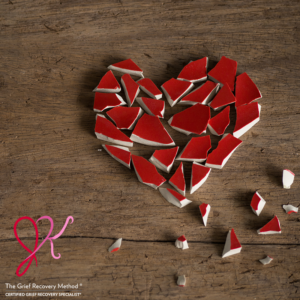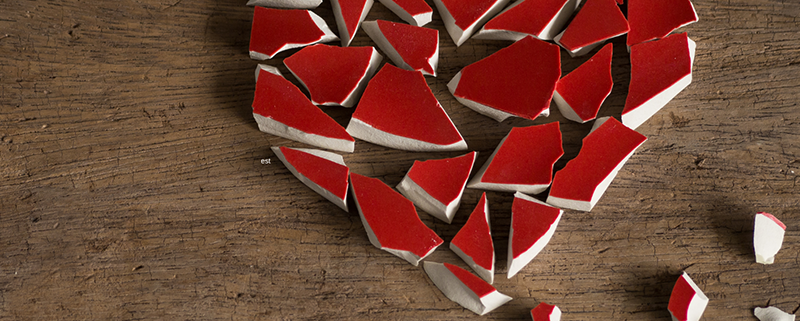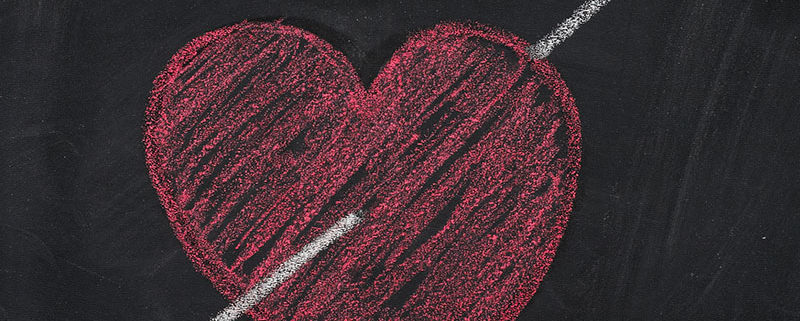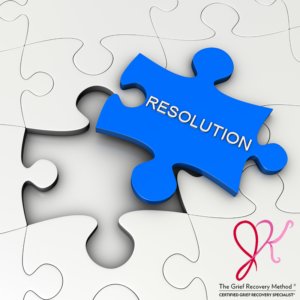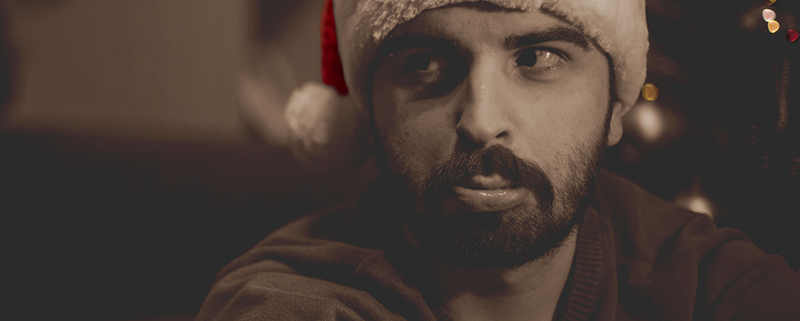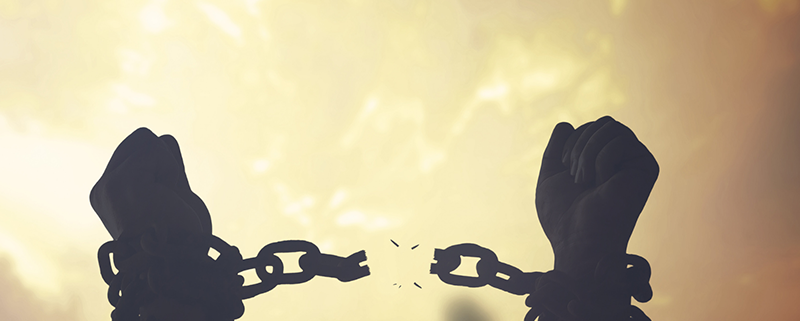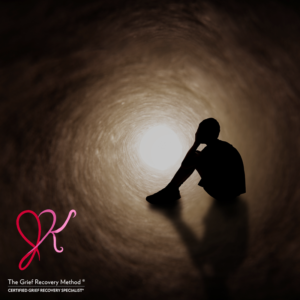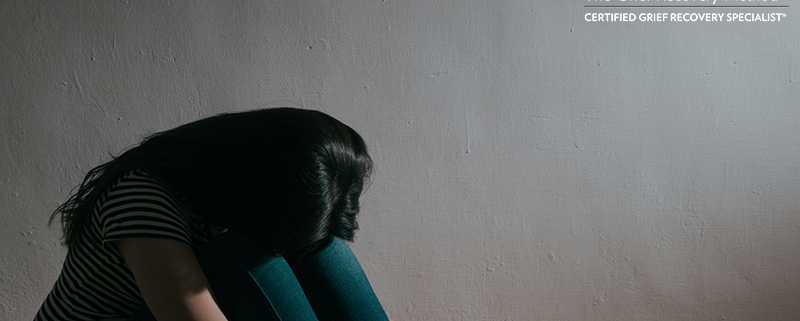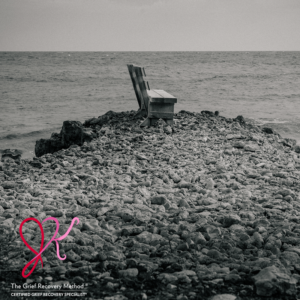The Holiday season can be a festive time for many but there’s another group of people who don’t feel joy. Those people are grievers.
Often the normal holiday traditions remind people of what they wish was different, such as better or more in their relationships that changed or ended. It could be the first Christmas after the loss of a significant person. The first Christmas after a divorce. A Christmas without being able to be with family due to illness or distance or maybe they lost their job and can’t afford to celebrate the way they used to.
On the days leading up to the holidays there is stimulus everywhere. Christmas cards, decorating and baking, buying presents, wrapping presents, parties, and socializing. These stimuli are the sights, smells, and sounds that trigger certain memories and ideas. Since Christmas and New Year celebrations are usually shared overtime with loved ones, that means that there are a lot of things that can bring up thoughts and feelings.
Stimulus creates thoughts. Thoughts create feelings. Feelings can be either positive, negative, or both!
If you know someone that is having a hard time right nowhere are some things you can do and say to offer support and help.
- Patience – most people attempt to force someone to be happy. Instead of trying to make them happy just support that person, be patient, be gentle, be loving. Most of all be there!
- Participate – Always ask them if they want to participate, they may or may not want to, be okay with EITHER answer.
- Holiday – Ask them if there is anything special that they want to do this holiday, any traditions, any special food, and ask them if there is any way to honor or create new traditions!
- Smart – Be smart, do not offer them an abundance of drinks or food. Both of these are not solutions, they are part time distractions that sometimes put a person back further in their recovery process.
- IQ – What does this mean? Grief is a matter of the heart, not the head. Intellectual statements such as, “Your ex was a jerk, you’re better off without him” may be true, but it doesn’t make the grief any less painful.
- Listen – Being a great listener is a huge part of helping someone that is grieving. Grievers do not need to be fixed, they need to be heard, respected, and loved. This is one of if not the hardest and maybe the most important tip / advice I could give. A lot of times grievers need to tell their story. Sometime this can be painful, take time, or have many pauses – just sit and listen.
- Connect – Continue to connect to the person. A text message, a phone call, an email, or video call are all great ways to connect. Many tend to think that a griever wants to be left alone. Any of these simple things can go a long way in them knowing they are not alone!
- Knowing – Knowing what to say is probably the hardest. Sometimes there is not a RIGHT thing to say. Always try to acknowledge the person and let them know you are here for them. Things like “I cannot even imagine, and I am here for you always.” or “I wish I had the right thing to say to you, but know that I will help in any way I can.” – statements like those make the griever know that they are being heard, and have someone safe.
- Comfort – Comforting someone is not always with a touch; you can comfort someone by simply your presence. But also know and understand when it is ok to hug or hold that person, give them the time then need to feel and cry. Then go back to numbers 6 & 8, listen and know what to say.
- Share – Share with them that you know someone that can help. Pass along my website, my email, my phone number, or my Facebook page.
I hope these were useful for yourself and hopefully you were able to learn a few things to be able to help your friend, family member, or loved one and what they are going through.
Remember, being a Heart & 2 Ears is one of the most important of all. Please do not forget to pass this article along to others so they too may gain some insight and knowledge.
Wishing you a pleasant and safe holiday!
